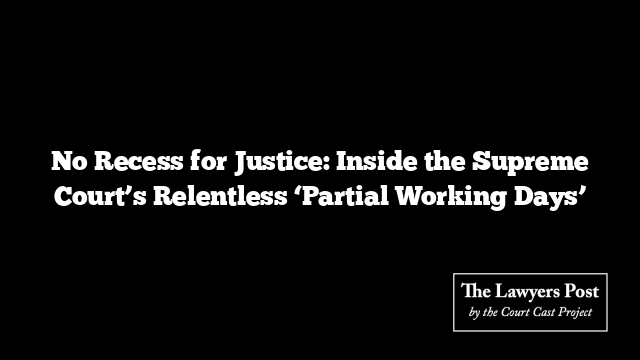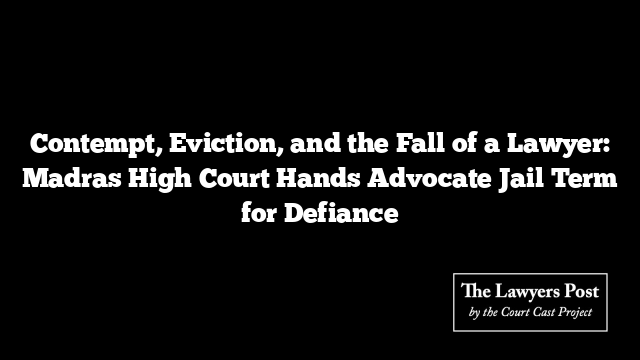The air conditioners may have been humming a little louder and the dress code slightly relaxed, but make no mistake — India’s top court didn’t go on holiday. This year, the Supreme Court chose to toss aside the old label of “summer vacation” and rechristen it as “partial court working days,” a subtle but telling signal that judicial machinery doesn’t sleep, even under a blazing July sun.
And this wasn’t a cosmetic change. From May 26 to July 13, benches continued to sit — two daily, sometimes five — taking on a slew of urgent matters, ensuring that the court’s corridors didn’t echo with silence. The arrangement allowed both continuity of justice and space for rest, as judges and lawyers rotated their time off. The usual jabs about long judicial vacations rang hollow this time.
NEET-PG 2025: Court Levels the Playing Field
In what became one of the most consequential rulings of this session, the Court intervened in the NEET-PG 2025 scheduling drama. Multiple aspirants had challenged the two-shift format, arguing that varied difficulty levels across shifts could tilt the scales unfairly. The Court agreed. Uniformity and fairness, it said, must come first.
The verdict? A single-shift exam. Justice Vikram Nath, Justice Sanjay Kumar, and Justice NV Anjaria not only mandated the change but allowed the NBE to push the date to August 3, buying time to adapt.
Bail Means Bail — Not Bureaucratic Delay
In a stinging rebuke to procedural obstinacy, the Court lashed out at the Uttar Pradesh prison system for refusing to release a man on bail over a missing sub-section in the order. The bench — Justices KV Viswanathan and NK Singh — summoned the Ghaziabad Jail Superintendent and made it crystal clear: denial of liberty due to technical hair-splitting is unacceptable.
The result? A ₹5 lakh interim compensation to the wrongfully detained accused — and a not-so-subtle warning to state authorities who think judicial orders are optional reading.
Cinema, Censorship, and the ‘Thug Life’ Brouhaha
When Kamal Haasan’s film Thug Life hit a wall of unofficial resistance in Karnataka, the Supreme Court stepped in, unsparing in its commentary. Hurt sentiments, the Court noted, have become an endless excuse — “Where are we heading?”
The bench of Justices Ujjal Bhuyan and Manmohan didn’t just question the outrage — it challenged the system that bows to it. Certified films, they said, must be allowed to screen. As for the Karnataka High Court suggesting an apology from Haasan? “Not their business,” the apex court curtly ruled.
Drawing a Line Around Lawyer Autonomy
The court also took up a brewing concern: can investigating agencies summon lawyers directly in relation to clients’ matters? The answer wasn’t immediate — but the questions posed were sharp and deliberate.
Two queries framed by the bench of Justices Viswanathan and Singh cut straight to the core: If a lawyer’s only link to a case is advisory, should they face summons? And even if their role exceeds legal advice, shouldn’t judicial scrutiny precede such action?
The Court is now poised to draw a line between professional conduct and investigatory overreach — a boundary the legal community is watching closely.
As the Chief Justice himself noted, judicial holidays aren’t what critics imagine. Judgments are drafted, urgent cases are heard, and constitutional conscience is never switched off.
Summer may have arrived, but the Court never really left.




